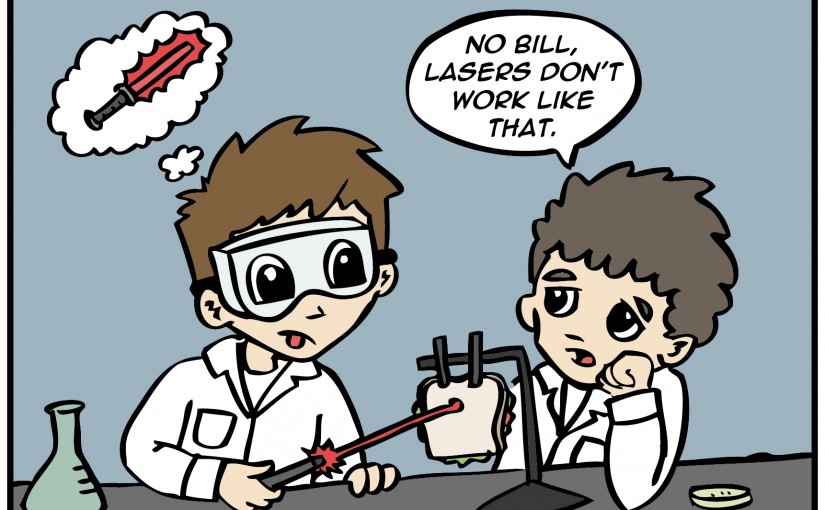Hopefully by the time you start your degree you have a reasonable idea of what your project is about. However, you may not be so clear about why you are doing it.
Your supervisor may give you a bunch of work at the start to get yourself going, but it is important to understand why you are doing it. Otherwise, you are just following directions to a place you know nothing about.
The three key questions are:
- What is the goal of my project?
- Are there other ways to achieve this goal?
- Why is my choice better than the other alternatives?
At some point, someone will ask you “So why don’t you just do X instead of Y?” and most students will answer with silence, a quick blag, or the question, “What is X?” and all of these people are thinking because my supervisor told me to do Y.
Most students won’t think about the second two questions until it is too late.
Get Practical Tips- Don’t rush into large research projects; take the time to read around the subject.
- Don’t print off thousands of reviews and never read any of them. Print off one and read that. Most likely it will lead you to a few more papers which are worth reading.
- Don’t only read reviews. It is not infrequent that the reviewer gets things wrong, and primary research will give you a much better feel for how science is actually done.
- Read your supervisor’s papers and it will give you a feel for the way they like to do science and what they are interested in.
- If you are more interested in either the academic or the experimental side, don’t ignore the other one.
- See how many other ways there are of obtaining the same data. There is always more than one. Assess the positives and negatives of each, and if they are not clear ask someone. Most likely, they will be impressed at your dedication.
Read Personal Perspective
When I was using a relatively new assay to image my cells for the co-localisation of proteins, someone in lab meeting asked why I didn’t use the more established technique.
I was forced to make up some vague nonsense on the spot about the new technique being more accurate and blah blah blah.
Long story short, it was none of those things. The real reason was promptly explained by my supervisor to the rest of the group, that the established techniques were useless on in vivo samples, which was the endpoint goal of my project.
She knew that because she understood my project. I didn’t because it had never occurred to me to do it any way other than the way I was told.
The result was a lot of semi-amused faces staring at a very red one, which was in turn staring at a very annoyed one.
Have you made similar mistakes? Share your experiences or feelings about this guideline in the comments below, or just give it a thumbs up.

testing from interactive